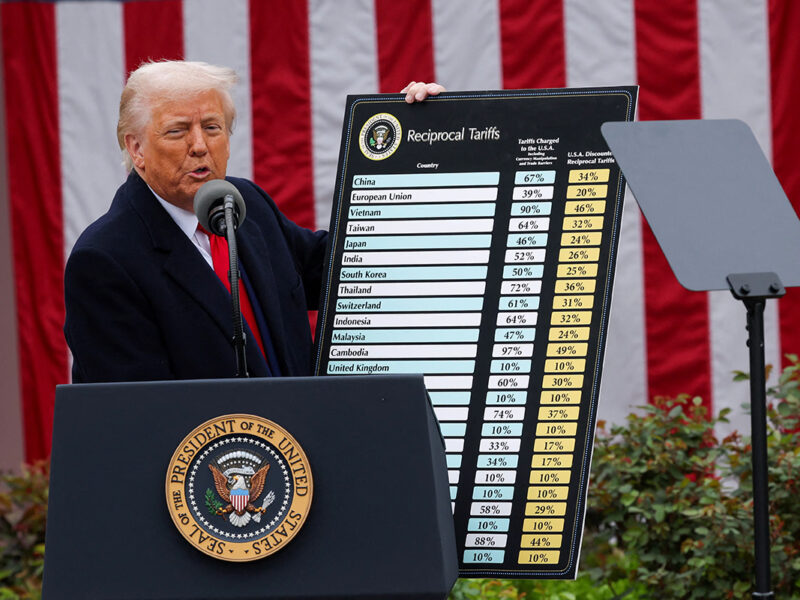A surge in fraudsters setting up so-called ‘pyramid’ investment schemes has prompted Bahrain authorities to ban the practice, it was reported on Wednesday.
The country’s Industry and Commerce Ministry’s Consumer Protection Hotline reportedly received more than 60 complaints about pyramid schemes and associated ‘network marketing’ in the first two months of this year – up from zero in 2014 – leading the authorities to issue a ministerial order outlawing both business models.
As its name suggests, the pyramid scheme is structured like a pyramid. It starts with one person, the initial recruiter, at the apex. This person recruits a second who is required to “invest” a certain amount, paid to the initial recruiter. To make his or her money back, the new recruit must then recruit more people under him, each of whom are also required to invest.
If the initial recruit gets 10 more people to invest, he or she will make a profit with just a small investment. But the practice is fraudulent as it is impossible for the scheme to sustain itself. Those toward the bottom of the pyramid are the most vulnerable, because it becomes impossible to recruit the number of people required to pay off the previous layer of recruiters.
The practice is illegal in the US and in most countries throughout the world. One of the best-known examples of a pyramid scheme was run by disgraced US investor Bernard Madoff, who was arrested in 2008 after losing around $50 billion of his investor’s funds.
Network marketing sees salespeople compensated not only for the sales they generate, but also for sales generated by other salespeople they recruit. In some cases this can be a genuine marketing strategy, but it is often used to exploit members in a similar way to a pyramid scheme.
A representative from Bahrain’s Industry and Commerce Ministry told Gulf Daily News that the calls to the ministry’s hotline “notified [officials] of various types of marketing schemes selling different products including gold, watches and home products”.
“Many of them involved roping in people to be part of a sales network on a commission basis,” the representative added.
“Crucially, the consumer protection directorate did not receive any complaints regarding pyramid schemes or network marketing in 2014.
“However, in 2015, we received seven complaints through Tawasul, the national complaints system, and more than 60 through the consumer protection call centre.”
A ministerial order was issued on February 17 “banning hierarchical and network marketing”.
However, the newspaper quoted the representative as saying no cases have yet been referred to the Public Prosecution.
“But if anyone is ignoring the ban and continues with such practices, they could face a prison sentence and fine of up to BD5,000,” he added.









